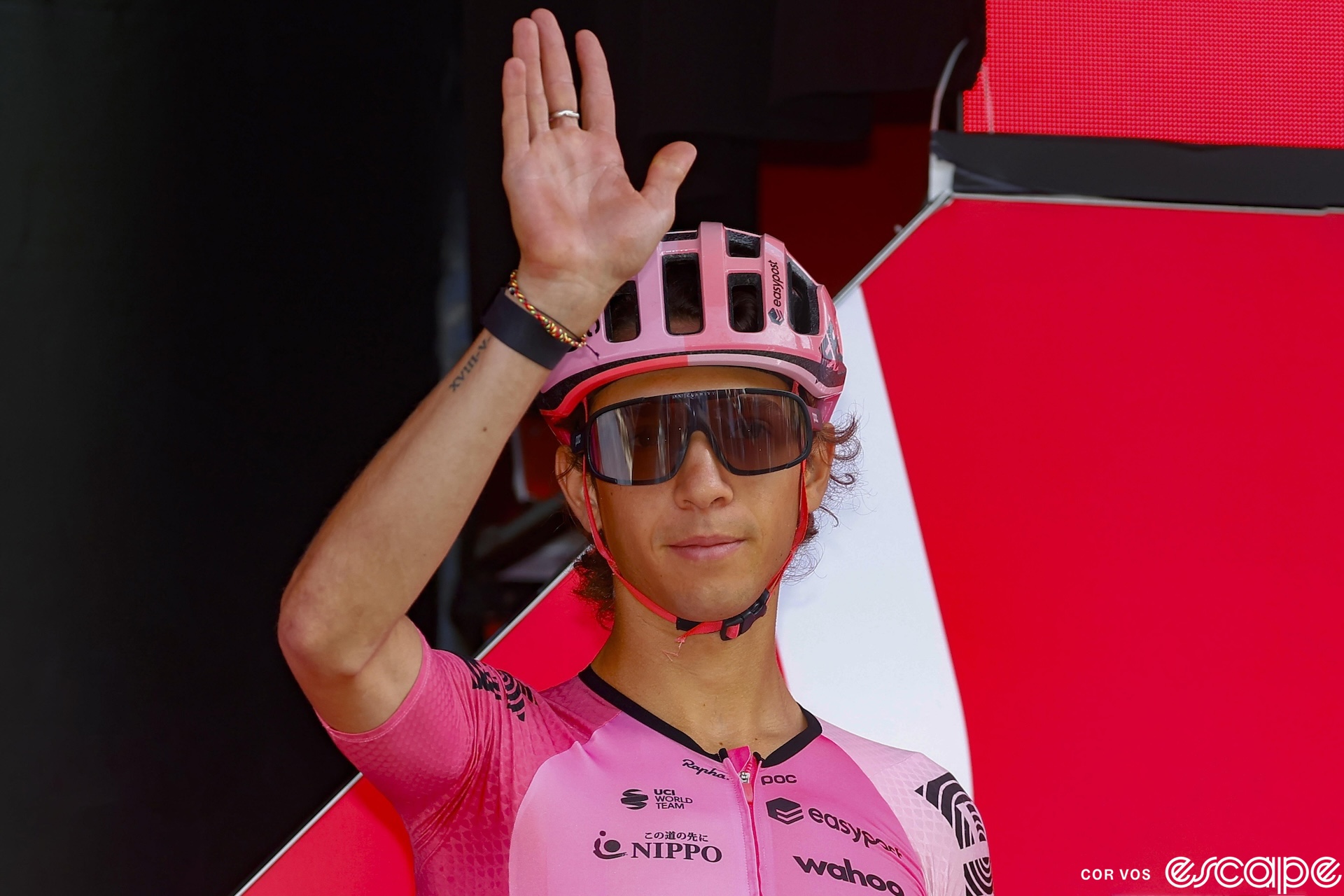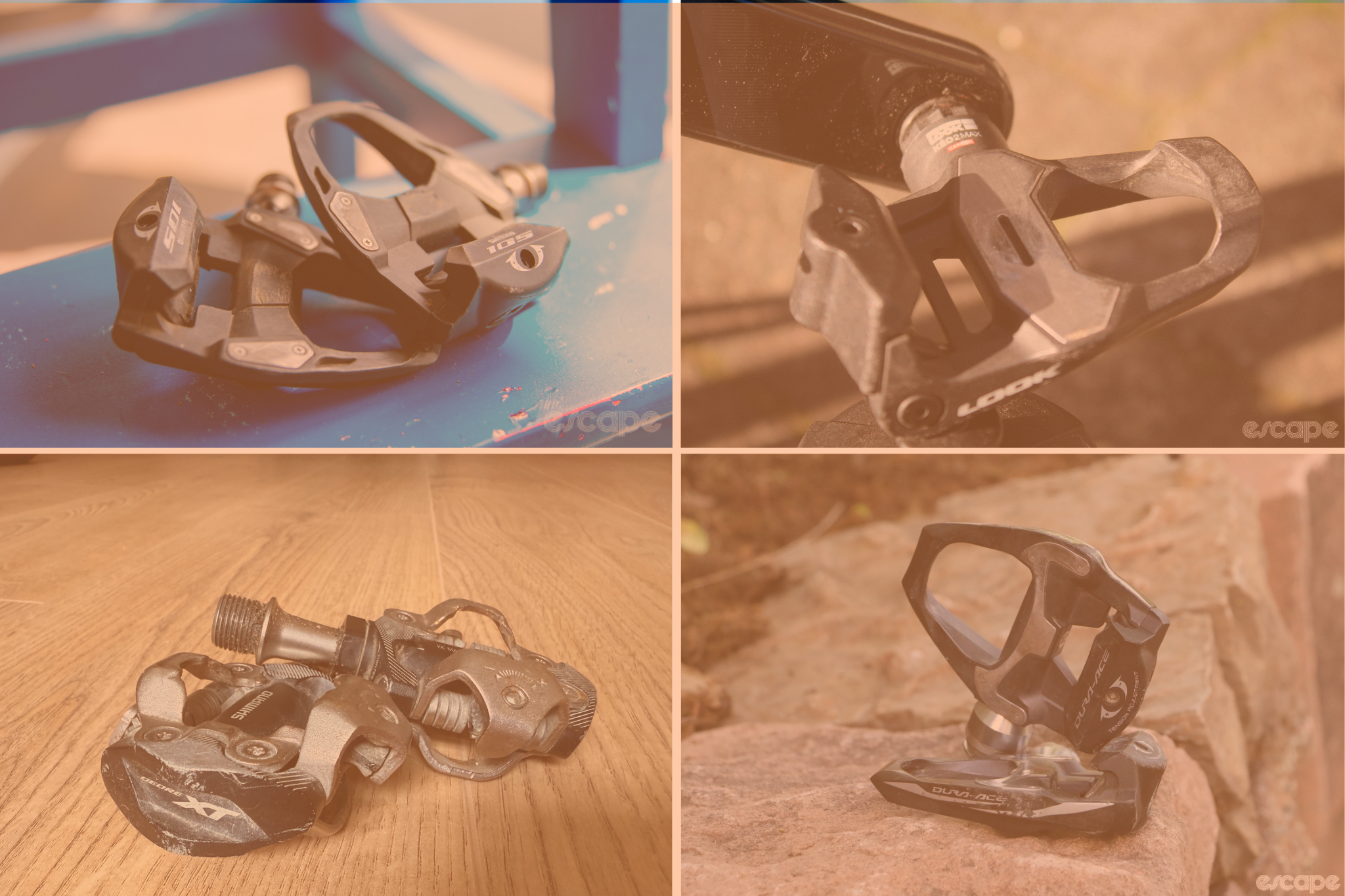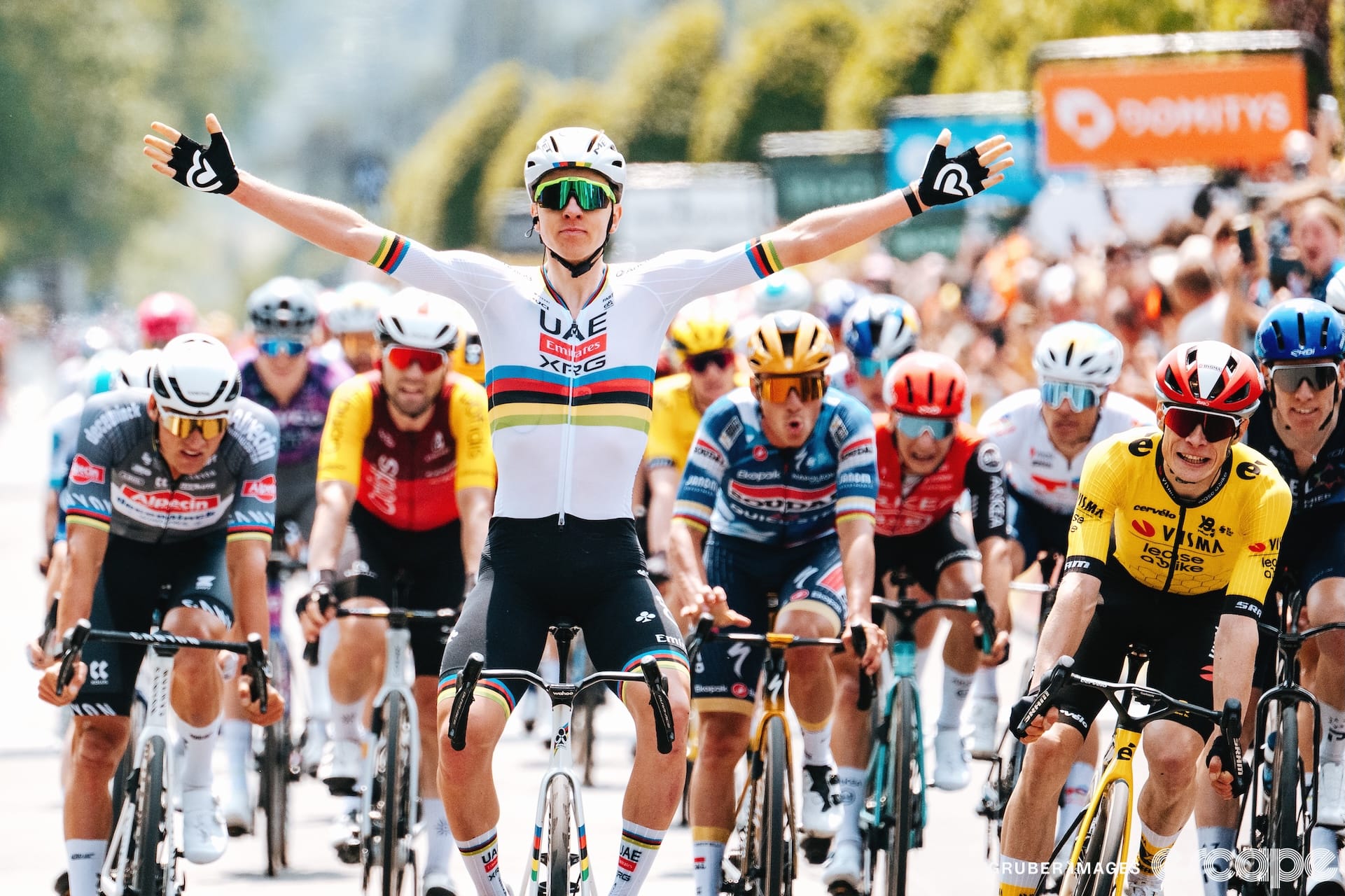UPDATE: On Saturday morning the UCI issued a brief statement noting that the search that targeted Andrea Piccolo was not random. "The search conducted on the rider is the result of an investigation led by the International Testing Agency (ITA) and its close collaboration with the National Anti-Doping Organisation of Italy (NADO Italia) and Italian law enforcement authorities (NAS Carabinieri)," it said, adding that it would make no further comment. In response to a text message, EF manager Jonathan Vaughters said that the team had no knowledge of ITA's investigation but that it had shared general (not doping-specific) concerns with the UCI after the March incident. Friday's report follows below.
CORRECTION: An earlier version of this story reported that Tom Danielson was given a four-year ban after testing positive for a contaminated supplement. Danielson has publicly claimed that as the reason for his positive, but USADA, in a post-sanction statement, directly refuted that, saying that Danielson presented no evidence of contamination in his hearing. The story has been updated.
The EF Education-EasyPost team issued a statement Friday afternoon US time that it has terminated rider Andrea Piccolo's contract immediately after the 23-year-old Italian was reportedly caught trying to bring human growth hormone into Italy.
Piccolo has not yet been publicly charged with an anti-doping offense and the UCI has yet to comment, as the incident became public late Friday evening in Europe. An e-mail request for comment to Piccolo's agent was not immediately returned. When reached via text message, EF general manager Jonathan Vaughters confirmed the news to Escape Collective.
In a text message to Vaughters, written mostly in Spanish with a few words in Italian, Piccolo expressed remorse while admitting he had been subject to a search. "Jonathan te hablo con sinceridad porque ya perdi todo y soy consapevole de esto… Lleve desde colombia 4 medicinales que me uno no quiero hacer nombra quiero tomarme mi responsibilidad en esto…" Piccolo wrote. "las encontraron y me la sequestraron en aeropuerto…" [Translated: Jonathan I speak to you sincerely because I have already lost everything and I am aware of this... I have taken four medications from Colombia that I do not want to name, I want to take my responsibility for this... They found them and confiscated them at the airport."]
Piccolo went on to apologize, saying he knows he will be out of the team, and asking forgiveness, while adding that he will "surely try to solve this because I did not test positive for any substances."
Vaughters told Escape via text message that after the sleeping pill incident, he relented and offered Piccolo a second chance, including a start in the Giro, after what he thought was a sincere apology. But the second incident is far more serious. Under WADA code, human growth hormone is classed as an anabolic agent and its use is banned at all times, including out of competition. Being found in possession of a banned substance is tantamount to a positive test. It's unknown what were the three other medications Piccolo was carrying.
Human growth hormone is a naturally occurring substance that is also produced in a recombinant (synthetic) form as a therapeutic medicine. In a doping context, it can assist with recovery and building or retaining lean muscle mass, and is often used as part of a larger doping regimen. The drug was one of those found during 2023's investigation into doping on the W52-FC Porto team, which saw director Nuno Ribeiro suspended for 25 years. It was also the drug in question in the recent Miguel Angel Lopez case, which centered on the rider's actions in 2022.
The news is a shocking turn of events for EF. The team was founded more than 15 years ago in the wake of serious doping issues in pro cycling and has a long history of public support for clean sport. Then racing at the Pro Continental level as Slipstream, in 2007 the team was one of the first to independently pioneer biomarker testing, a technique which became the basis for the World Anti-Doping Agency's Athlete Biological Passport program. The team has also since 2007 been a member of the Mouvement Pour un Cyclisme Credible, an independent association of WorldTeams and ProTeams that aims to hold the sport to a higher standard of ethical behavior.
The team has had two doping-related incidents in its past. In 2011, the team fired then-director Matt White after he referred a rider to an outside doctor in contravention of internal team rules. That doctor, Luis Garcia del Moral, was later banned for life in connection with the United States Postal Service investigation, although the suspension was ultimately reduced to five years. And in 2015, Tom Danielson tested positive for testosterone and received a four-year suspension. Although he claimed supplement contamination as the cause, USADA noted in a statement that no evidence of contamination was raised at Danielson's hearing on the matter. He retired at the end of that season.
It remains to be seen if Piccolo will be criminally charged, but there will almost assuredly be an anti-doping case. He faces at least a four-year ban, depending on what the other substances found in possession were.
Did we do a good job with this story?




